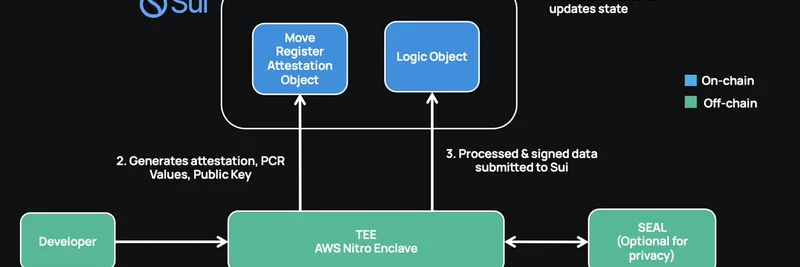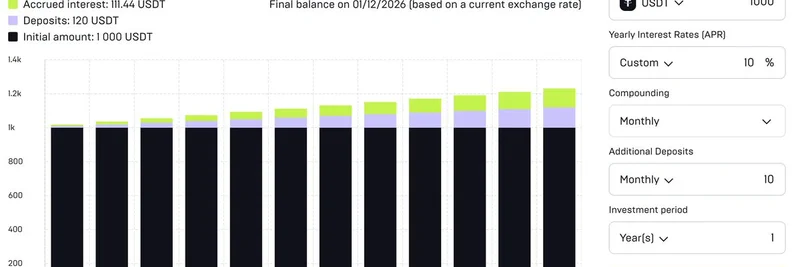Blockchain privacy has always felt like a tough puzzle. You want to keep things private, but you don't want to lose out on the perks of being on-chain—like easy integration with other apps (that's composability), keeping costs low, or making sure everything's auditable. According to a recent thread from Delphi Digital on X, Sui Network is changing the game with their new privacy infrastructure that ditches these tradeoffs entirely.
The Developer's Privacy Headache
Let's break it down. Developers building on blockchain often deal with sensitive stuff: user data, API keys, private messages, even AI model weights. The old way? Rely on centralized services like AWS Key Management System (KMS). But that means trusting a big tech company, which kind of defeats the purpose of decentralization.
On the flip side, doing everything on-chain is transparent and verifiable, but it's also public and pricey. Off-chain computation is faster and cheaper, but who's to say it's trustworthy? It's like choosing between a rock and a hard place—until now.
Introducing SEAL: Secrets Management Done Right
Sui's SEAL (which stands for something clever, but think of it as a secure envelope for your data) tackles data storage privacy head-on. Here's how it works: Sensitive data gets encrypted off-chain and stored wherever—IPFS, cloud storage, or decentralized networks. But the magic is in the access control, handled entirely by smart contracts on Sui.
These contracts set the rules for decryption: maybe after a time delay, or once a payment's made, or if you own a certain token. Multiple conditions? No problem. The decryption key only drops when everything checks out. This keeps data private while letting the blockchain call the shots.
Nautilus: Private Computation Unlocked
But what about running private logic, like checking prices, verifying identities, or even AI inference? That's where Nautilus comes in. It uses Trusted Execution Environments (TEEs)—secure, isolated spots in hardware like AWS Nitro Enclaves—to run your code privately.
The process? Developers deploy their logic and off-chain data to the TEE. It generates a cryptographic attestation (proof that the computation happened correctly) along with values like a public key and PCR (Platform Configuration Registers) values. This gets submitted to Sui, where it's verified, and the state updates accordingly. Optionally, SEAL can add an extra privacy layer.
What This Means for the Future of Crypto Apps
With Nautilus and SEAL, Sui opens the door to apps that were tricky or impossible before. Imagine private AI agents that handle user data without leaks, gated content that unlocks automatically based on rules, or encrypted chats with custom policies per recipient—all without needing fancy custom crypto setups.
This isn't just tech talk; it's a big step toward making blockchain more practical for everyday use. Developers can now build truly decentralized apps that respect privacy without skimping on efficiency or security.
For the full scoop, check out Delphi Digital's consulting report on Sui's Q2 updates here. And don't miss the original thread on X for more insights.
In the world of meme tokens and beyond, tools like these could supercharge community-driven projects by enabling private features that keep the fun going without exposing sensitive info. Stay tuned as Sui continues to push the boundaries!



